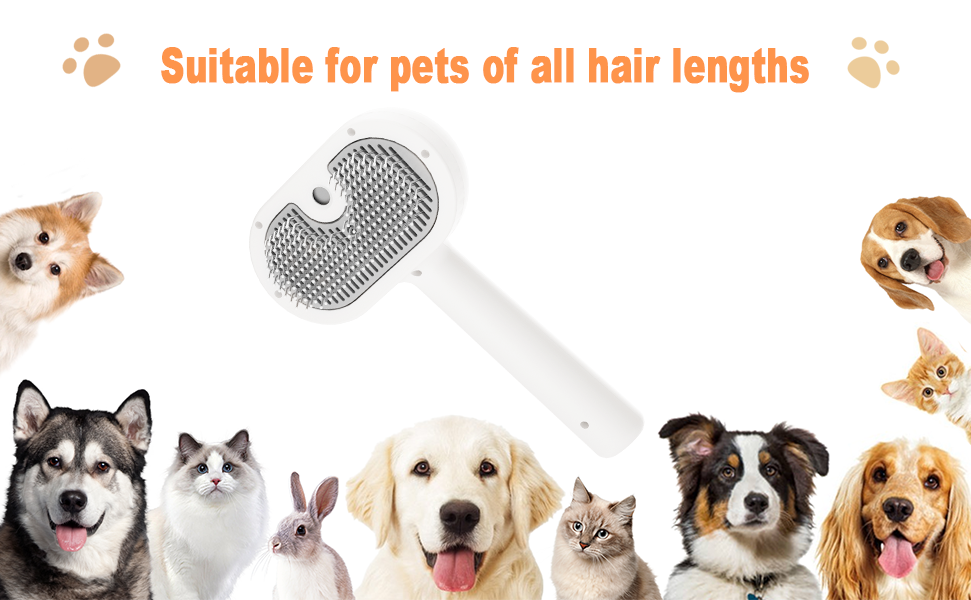
Are Self-Cleaning Slicker Brushes Not Ideal for Grooming Dogs?
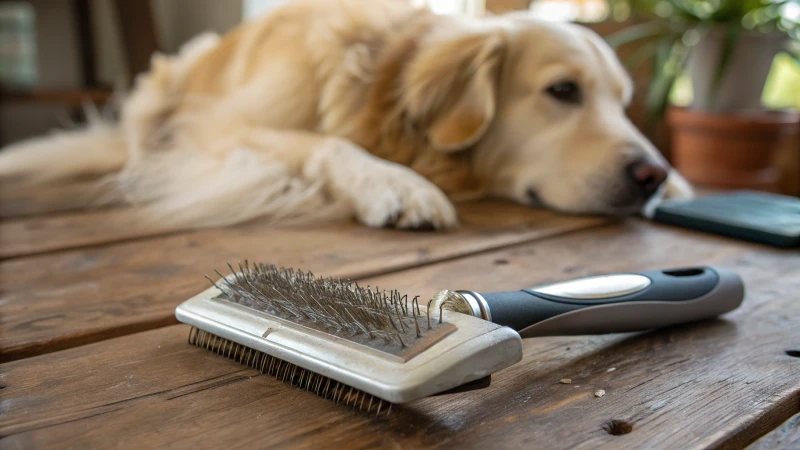 Self-Cleaning Slicker Brush
Self-Cleaning Slicker Brush
Ever found yourself tangled up in the world of dog grooming tools? You’re not alone!
Self-cleaning slicker brushes may not be the best fit for every dog because they can irritate sensitive skin and struggle with certain fur types, especially double-layered coats.
Although these brushes are designed for convenience, it’s crucial to consider their pros and cons. Personally, I’ve tried them on my own dog, and while they seem handy, they didn’t work well with his thick fur. Explore other options to find what’s best for your furry friend.
How Do Self-Cleaning Slicker Brushes Work?
Ever felt like grooming your furry friend is a battle? Let me introduce you to the magic of self-cleaning slicker brushes and how they can make life easier.
Self-cleaning slicker brushes streamline pet grooming with fine bristles that effortlessly detangle fur. Their retractable bristle mechanism makes hair removal a breeze, minimizing cleanup time.
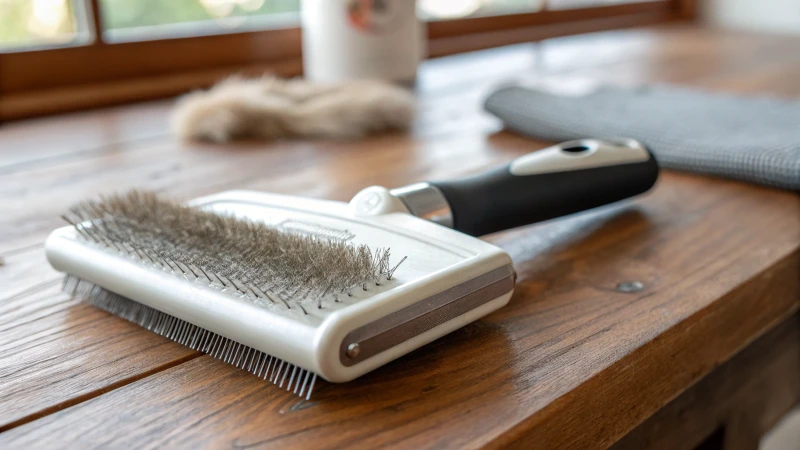 Self-Cleaning Slicker Brush
Self-Cleaning Slicker Brush
Understanding the Design of Self-Cleaning Slicker Brushes
Let’s face it, I used to dread grooming my pet until I stumbled upon the wonders of self-cleaning slicker brushes. These brushes have fine bristles packed closely together, designed to tackle the most stubborn tangles and loose fur. They work like a charm on thick or curly coats, though I learned the hard way that extra care is needed if your pet has sensitive skin.
| Feature | Benefit |
|---|---|
| Fine Bristles | Effectively detangle hair and remove loose fur |
| Retractable Mechanism | Simplifies cleaning by pushing collected hair off the brush |
The Self-Cleaning Mechanism
The real game-changer for me was the self-cleaning mechanism. Imagine not having to wrestle with a clump of fur stuck in the brush! Typically, you just press a button or lever, and voilà—the bristles retract into the base, releasing all that trapped hair. It’s a huge time-saver and means I don’t have to get my hands dirty. But I did notice that if your dog has a double-layered coat, it might not catch every bit of undercoat fur.
Potential Limitations and Considerations
While these brushes are a lifesaver, they’re not for everyone. If your dog has sensitive skin, like my little buddy does, the pressure needed for the self-cleaning mechanism might be uncomfortable. I’ve found wide-toothed combs or soft bristle brushes to be gentler alternatives for such cases.
| Grooming Tool | Best For |
|---|---|
| Wide-Toothed Comb | Long-haired dogs needing gentle detangling |
| Soft Bristle Brush | Dogs with sensitive skin |
Alternative Grooming Solutions
For those with sensitive pets like mine, the FURGO Pet Steam Brush has been a revelation. It uses steam to gently loosen dirt and knots—a milder method perfect for sensitive skin. This innovation shows a shift towards more gentle grooming solutions.
Exploring these options has helped me tailor my grooming approach to fit my pet’s specific needs, ensuring comfort and effectiveness across different breeds and coat types.
Why Choose Eco-Friendly Grooming Tools?
Choosing sustainable grooming tools isn’t just good for our pets; it’s good for the planet too. Brands like FURGO focus on energy-efficient designs that minimize environmental impact while delivering excellent care.
To keep up with the latest in pet grooming tips and innovations, I often check out pet care forums or blogs for community-driven advice and reviews. It’s a great way to find out what works best from real pet owners like you and me.
Why Might Self-Cleaning Slicker Brushes Be Unsuitable for Some Dogs?
Choosing the right grooming brush for your dog isn’t always straightforward. I’ve learned this firsthand, and I want to share what I’ve discovered about self-cleaning slicker brushes and why they might not be the best fit for every pup.
Self-cleaning slicker brushes might not be ideal for some dogs due to issues like skin sensitivity, hair type, and the pressure needed for their operation. Consider alternatives like soft bristle brushes or wide-toothed combs for a more comfortable grooming experience.
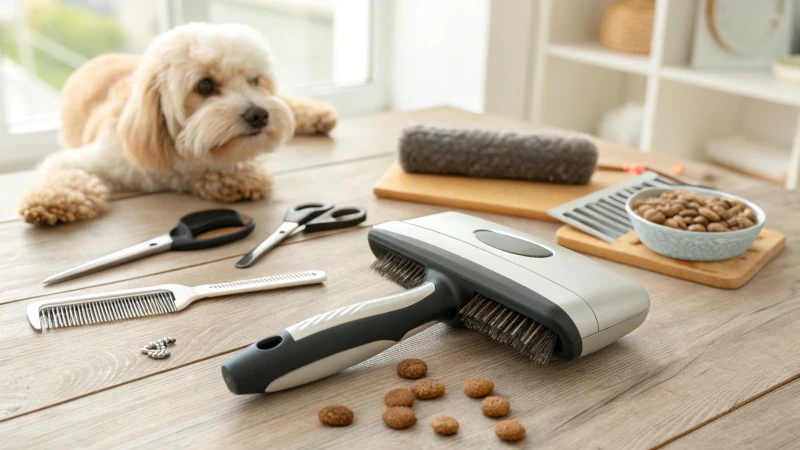 Self-Cleaning Slicker Brush
Self-Cleaning Slicker Brush
Understanding Skin Sensitivity
Let me tell you about my own dog, Bella. She’s got this adorable floppy ear situation going on, but her skin is super sensitive. When I first tried using a self-cleaning slicker brush on her, I noticed she started squirming a lot. The fine bristles seemed to irritate her delicate skin, and I realized these brushes might not be suitable for all dogs, especially those with sensitive skin like Bella’s. It’s crucial to be gentle and observe any signs of discomfort in our furry friends.
Analyzing Hair Type Compatibility
I remember borrowing a slicker brush from a friend when I was trying to tackle my neighbor’s golden retriever’s fur. It didn’t quite work out because the brush barely reached the undercoat. That’s when I discovered that not all brushes are created equal—dogs with double-layered fur need something more effective. A wide-toothed comb is a great alternative for long-haired breeds, offering gentle detangling without pulling.
| Hair Type | Recommended Tool |
|---|---|
| Double-layered | Wide-toothed comb |
| Long-haired | Soft bristle brush |
| Short-haired | Self-cleaning slicker brush (with caution) |
Evaluating Pressure Concerns
Another thing I noticed was how much pressure I had to apply with these brushes. My older dog, Max, isn’t a fan of too much pressure—he prefers his grooming sessions to be as relaxing as possible. If your dog is like Max, using a soft bristle brush may offer a more comfortable and stress-free grooming experience.
Exploring Alternative Grooming Tools
For dogs who react negatively to slicker brushes, there’s a whole world of alternatives. I’ve had success with soft bristle brushes that gently remove loose fur without irritating the skin. The FURGO Pet Steam Brush has also been a game-changer for us. It uses steam to remove dirt and knots, providing a soothing experience for pets with delicate coats.
Choosing the right grooming tool can turn a potentially stressful task into an enjoyable bonding time with your dog. By prioritizing their comfort, we can make sure grooming is something they actually look forward to—just like playtime!
What Alternatives to Self-Cleaning Slicker Brushes Can You Consider?
You know that moment when you realize the tool you’ve been using just isn’t cutting it anymore?
Alternatives to self-cleaning slicker brushes include wide-toothed combs, soft bristle brushes, and pet steam brushes. These options cater to dogs with different coat types and sensitivities, ensuring effective grooming without discomfort.
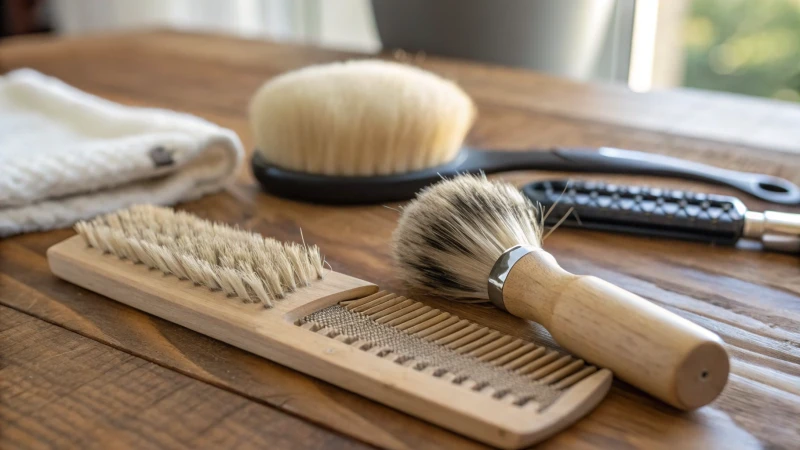 Pet Grooming Tools
Pet Grooming Tools
I’ve been there too, wrestling with a supposedly “perfect” grooming tool that ended up irritating my pet more than helping. But don’t worry; there’s hope. Let’s dive into some gentler alternatives that could make grooming time a breeze for both you and your furry friend.
Understanding Pet Coat Types
Before I found the right grooming tools, I had to understand my pet’s coat type. It’s fascinating how dogs with long hair, double-layered fur, or sensitive skin each have unique grooming needs. Once you get a handle on this, choosing the right tool becomes much easier.
| Coat Type | Characteristics | Recommended Tools |
|---|---|---|
| Long-haired | Tangles easily, needs gentle detangling | Wide-toothed comb |
| Double-layered | Dense undercoat, sheds heavily | Hair removal tools |
| Sensitive skin | Prone to irritation, needs soft bristles | Soft bristle brush, pet steam brush |
Exploring Alternative Tools
Wide-Toothed Combs
I once tried a wide-toothed comb on my long-haired dog, and it was a game-changer. It smoothly glided through his coat, detangling without pulling on his skin. Learn more about their benefits.
Soft Bristle Brushes
If your pet has sensitive skin like mine, you might find that soft bristle brushes offer just the right touch. They remove loose fur gently, smoothing the top coat without irritation.
Hair Removal Tools
For those with double-coated fur babies, specialized hair removal tools can tackle dense undercoats without discomfort. They’re particularly handy if shedding is your main concern.
Pet Steam Brushes
Ever tried a pet steam brush? It’s like a mini spa treatment for your pet! Tools like the FURGO Pet Steam Brush use steam to gently clean and loosen knots, perfect for sensitive skin.
Tips for Choosing the Right Tool
- Consider Your Pet’s Comfort: Always prioritize comfort by selecting tools that match your pet’s sensitivity levels.
- Test Different Options: Experiment with various tools to see which ones your pet responds to best.
- Maintain Regular Grooming: Consistent grooming keeps shedding in check and ensures a healthy coat.
By understanding your pet’s specific grooming needs and exploring different alternatives, you can create a pleasant grooming routine that makes both you and your pet happy. Read more about grooming tips.
How Can You Choose the Best Grooming Tool for Your Dog’s Unique Needs?
Ever felt overwhelmed by the sheer variety of grooming tools for your beloved dog? You’re not alone!
To choose the best grooming tool for your dog, consider their coat type, skin sensitivity, and personal comfort. Research tools that match your dog’s unique grooming requirements, ensuring a safe and enjoyable experience.
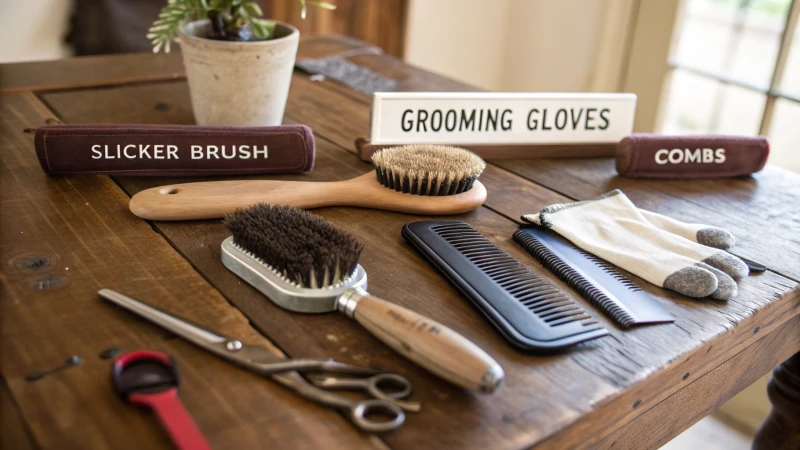 Dog Grooming Tools
Dog Grooming Tools
Understanding Your Dog’s Coat Type
You know, I remember the first time I tried to groom my Golden Retriever. It was like untangling a bunch of wires after they’d been in my backpack. That’s when I learned how much coat type matters! Long-haired dogs, like mine, definitely benefit from wide-toothed combs to keep those tangles at bay. On the other hand, if you have a short-haired buddy, a simple bristle brush might do the trick just fine.
| Coat Type | Recommended Tool |
|---|---|
| Long Hair | Wide-toothed Comb |
| Short Hair | Bristle Brush |
| Double Coat | Undercoat Rake |
| Curly Coat | Slicker Brush |
Assessing Skin Sensitivity
Not all dogs are the same, and that includes their tolerance for grooming. My friend’s Chihuahua, for example, has super sensitive skin and absolutely loves the soft bristle brushes because they’re gentle yet effective. Whatever tool you choose, make sure it’s hypoallergenic and non-toxic.
Considering Grooming Frequency
How often do you groom your pup? I aim for once a week with my furry friend. But if you groom less frequently, you might need more intensive tools like deshedding brushes. I’ve found that browsing pet care forums for user reviews can really help in making the right choice.
Evaluating Your Dog’s Behavior
Ever noticed how some dogs are chill with grooming while others act like you’re trying to give them a bath? Calm dogs might handle clippers or deshedding tools better. For those anxious ones, like my neighbor’s little Terrier, a grooming glove can turn grooming into a soothing bonding moment.
Exploring New Technologies
I’m always on the lookout for innovative solutions, and the FURGO Pet Steam Brush really caught my attention. It uses steam to gently clean and untangle knots, which is perfect for dogs with sensitive skin. It’s like giving your dog a spa day right at home!
 Buy on Amazon
Buy on Amazon
Conclusion
Self-cleaning slicker brushes may irritate sensitive dogs and struggle with double-layered coats. Alternatives like wide-toothed combs and soft bristle brushes offer gentler grooming options.
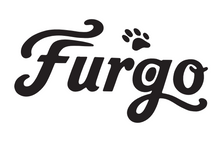

Leave a comment
All comments are moderated before being published.